These are recent case decisions regarding medical malpractice that we think are interesting. The firm of Sholes & Miller is not involved in these matters.
Clarke v. NYCH&H (Kings Co. 9/13/2022): J. Graham denied defendant hospital’s motion for an Order dismissing plaintiff’s complaint for “willful failure of the plaintiff to renew and update the Letters of Administration which would have had the effect of the representatives having the necessary authority to prosecute this matter.” Defendant further moved to preclude evidence at the time of trial regarding misreading of a CTA as an abandoned claim. The Court was advised prior to commencement of trial that the Temporary Letters had expired several years prior. The Court marked the case off the trial calendar. Defendant hospital requested dismissal for failure to substitute a proper party within a reasonable time after the event requiring substitution. The Court noted the defendant was not prejudiced by this delay (which was approximately five years), continuing to engage in discovery and settlement negotiations, and that the action had potential merit. As such, this motion pursuant to CPLR 3211(a)(3) was denied. The defendant argued that the CTA claims were new; but the Court held that the “allegation regarding the [CTA] merely amplifies and elaborates upon the facts and theories that were already alleged”, pointing to the broad allegation that defendant “failed to timely and appropriately have and report on results of tests ordered, including but not limited to pathology and blood and radiology studies.” Furthermore, the defendant had responded to this allegation presented in an EWD by immediately serving its own radiology EWDs disputing this claim. As such, preclusion was denied.
Source: NYS Law Reporting Bureau, NY Official Reports, Slip Opinion Service
Source: https://www.nycourts.gov/reporter/pdfs/2022/2022_33110.pdf
Submitted by Ellen A. Fischer, Sholes & Miller, PLLC
Dantzig v Mueller (New York Co. 9/14/2022): J. Kelley issued a detailed opinion on a summary judgment motion in this medical malpractice action involving claims of failure to properly treat coronary artery disease, including failure to properly insert a stent in the radial artery. The plaintiff was a medical doctor and submitted his own opinion in opposition to the defendants’ showing. First, the opinion was set forth in an affirmation, which is not permitted when the affirmant is a party, even if he is a doctor. Second, he was a dermatologist, and therefore not qualified to opine about the standard of care for cardiology, interventional cardiology, cardiothoracic surgery, and cardiovascular medicine. There is a good discussion of various cases in which physicians in different specialties were not permitted to opine outside their specialty. There is also a useful analysis of the lack of a requirement that the defendant serve a 3101-d disclosure prior to summary judgment motion. Finally, the decision lays out case law in the first department pertaining to informed consent causes of action and the necessity for expert opinion as to qualitative insufficiency of the consent.
Source: NYS Law Reporting Bureau, NY Official Reports, Slip Opinion Service
Source: https://www.nycourts.gov/reporter/pdfs/2022/2022_33119.pdf
Submitted by Ellen A. Fischer, Sholes & Miller, PLLC
Byner v Murray-Taylor – NY Slip Opinion 05201 (2nd Dept 9/21/22): In this matter, the plaintiff died in June 2014. Plaintiff failed to file for letters testamentary until May 2017. These were issued in October 2017. Shortly thereafter, plaintiffs moved to lift the stay imposed by the death of the plaintiff, substitute the administrator, and amend the complaint to add a cause of action for wrongful death, and a cross-motion to dismiss pursuant to CPLR 1021 for failure to substitute a proper party within a reasonable time. The Court denied plaintiff’s motion and granted the cross-motion to dismiss. The Second Department affirmed. The three-year delay showed a lack of diligence. Furthermore, the plaintiffs failed to show they had a potentially meritorious action (the pleadings, attorney affirmation, and certificate of merit were insufficient for this purpose). The cause of action for wrongful death was barred by the two-year statute of limitations, which was not tolled during the pendency of the application for letters of administration.
Source: NYS Law Reporting Bureau, NY Official Reports, Slip Opinion Service
Source: https://www.nycourts.gov/reporter/3dseries/2022/2022_05201.htm
Submitted by Ellen A. Fischer, Sholes & Miller, PLLC







